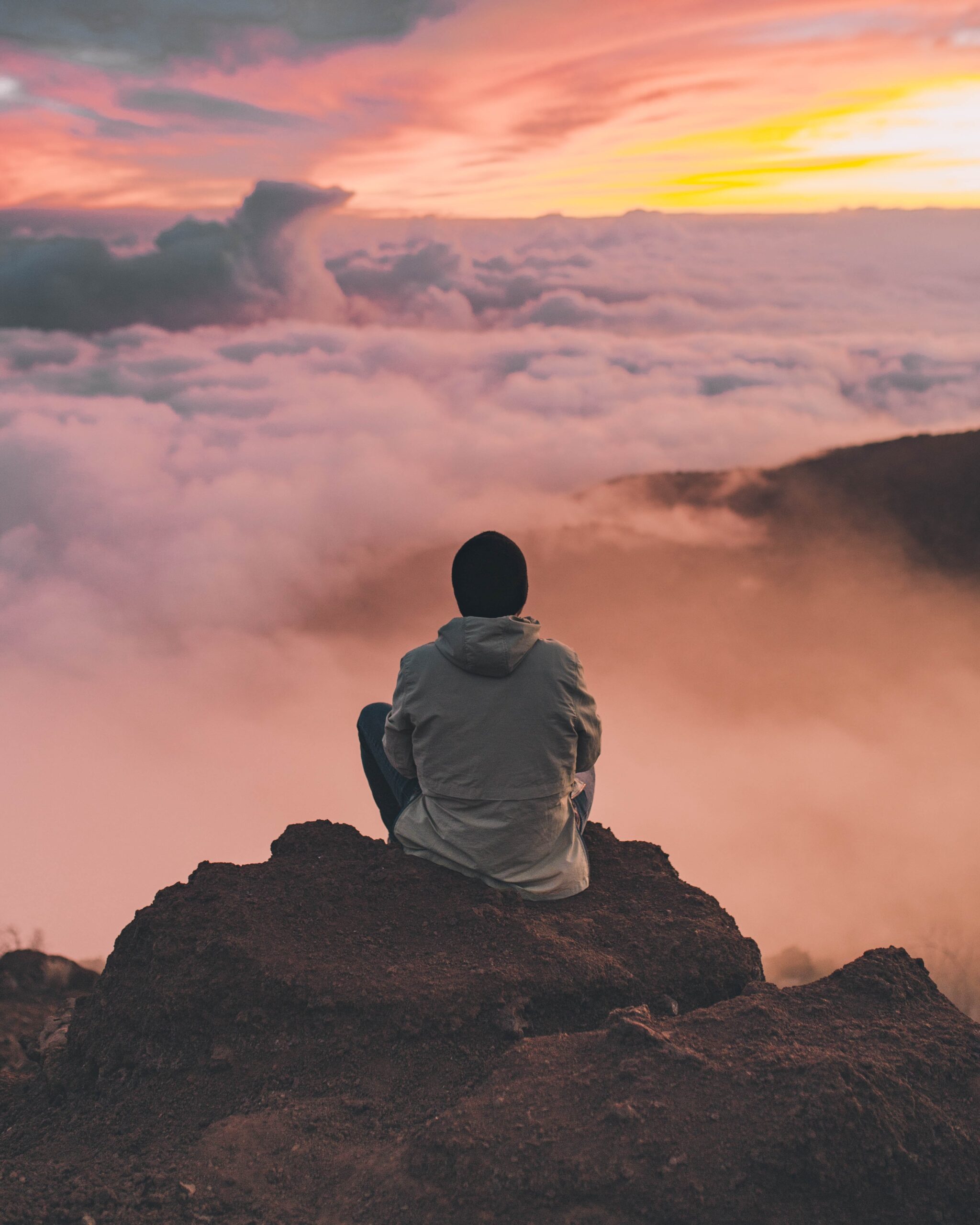Meditation can be a confusing topic for new students. There are so many different meditation methods, styles, and types of meditation that it can be overwhelming. If you have been trying to meditate but are finding it difficult, then this article is for you. I’ll break down everything you need to know about meditation and give you some tips on how you can start meditating today.
Everyone who meditates is a beginner in their own way. This is why we want to share the most important information about meditation that both beginners and advanced meditators will benefit from.
We’re going to start with a definition of what meditation is and how you can use it as a tool for spiritual and emotional growth.
What is Meditation?
Meditation is the practice of being present at the moment, paying attention to your body and breathing, and redirecting your thoughts. It is said that many of the great spiritual teachers have practiced meditation. From Buddha to Jesus Christ, from Lao Tzu to Edison – if you’re looking for a way to be more relaxed and less stressed, meditation could be what you need.
Meditation involves the use of your mind and body practices to absorb your attention at one point in time or space. It can be used to relax, find stillness, experience peace & clarity, clear stress, improve focus, reduce anxiety and depression, and more. Meditation can also help cope with stress both physically and mentally.

What Are The Benefits of Meditation?
The benefits of meditation are many and each one is as important as the last. The benefits of meditation are;
- Lower blood pressure
- Increased blood circulation
- Lower heart rate
- Less anxiety
- Lower blood cortisol levels
- Less stress
- Deeper relaxation
What Happens While Meditating?
Now, when you first start meditating, there’s a good chance you’re going to be confused as you wonder what am I doing? You’re going to be on the lookout for something, anything really and there’s a possibility you might get bored the first time or two.
The thing about meditation is, you have to trust the process and just be calm. As a beginner, I suggest you start off doing short meditations and then gradually build your way up the time scale as I have found this to be a very helpful tactic.
When you start meditating, there’s a strong possibility that your mind will wander, and you’ll find yourself thinking about whether or not you’ve done the laundry or put the baby’s bottle in the heater. When you find yourself doing that, make sure to backtrack and center yourself once more.
There’s also a chance that you might get emotional and cry. If that happens, there’s no need to be scared, let your body go through that emotional cycle because it usually means that you have a lot of pent-up and buried emotions that need to be dealt with. It’s a healing process so don’t stop it. You could also just cry cause you feel exhausted and you feel like the world is out to get you. Whatever the reason, let out those tears and you’ll feel much better afterward.
If you’re someone who finds it difficult to sit still for long, then you’ll most likely get restless in the middle of your meditation. When you notice that happening, center yourself, take a deep breath, and try to keep your focus on your meditation. Clear your mind of any distracting thoughts and get in your Zen space.

What’s a Good Meditation Technique for Beginners?
One meditation technique that is perfect for beginners is body scan meditation. This will help you check in with your body by mentally scanning each part. To do this meditation technique, do the following;
- Sit or lie comfortably. Make sure you pick a good position you can hold for 5-10 minutes without feeling any discomfort.
- Close your eyes and breathe in naturally. You don’t have to control it or try to set a rhythm, just breathe.
- Focus your attention on your breath and how your body moves with each inhalation and exhalation.
- As you breathe, focus on the movement of your body. Observe your chest, shoulders, rib cage, and belly. Focus your attention on your breath without controlling its pace or intensity.
- If you find your mind wandering, draw your focus back to the present and be at peace
- Do this for 3-10 minutes a day and you should start to see results after 30 days.
Meditation has been proven to improve concentration, increase happiness and enable a calmer lifestyle overall. The evidence of the benefits of meditation has led to it becoming a part of many popular healthy living plans, for those looking for a new way to improve wellness. Whether you implement the techniques into your daily routine or try a more formal approach to guided meditation, you will be able to see an improvement in your life by incorporating meditation into your routine – so what are you waiting for?
No matter what your motive is for starting to meditate, I hope that this meditation 101 guide has been helpful to you. If you have any questions, comments, insights, or advice please feel free to post them in the comments below. Let’s keep the discussion going!